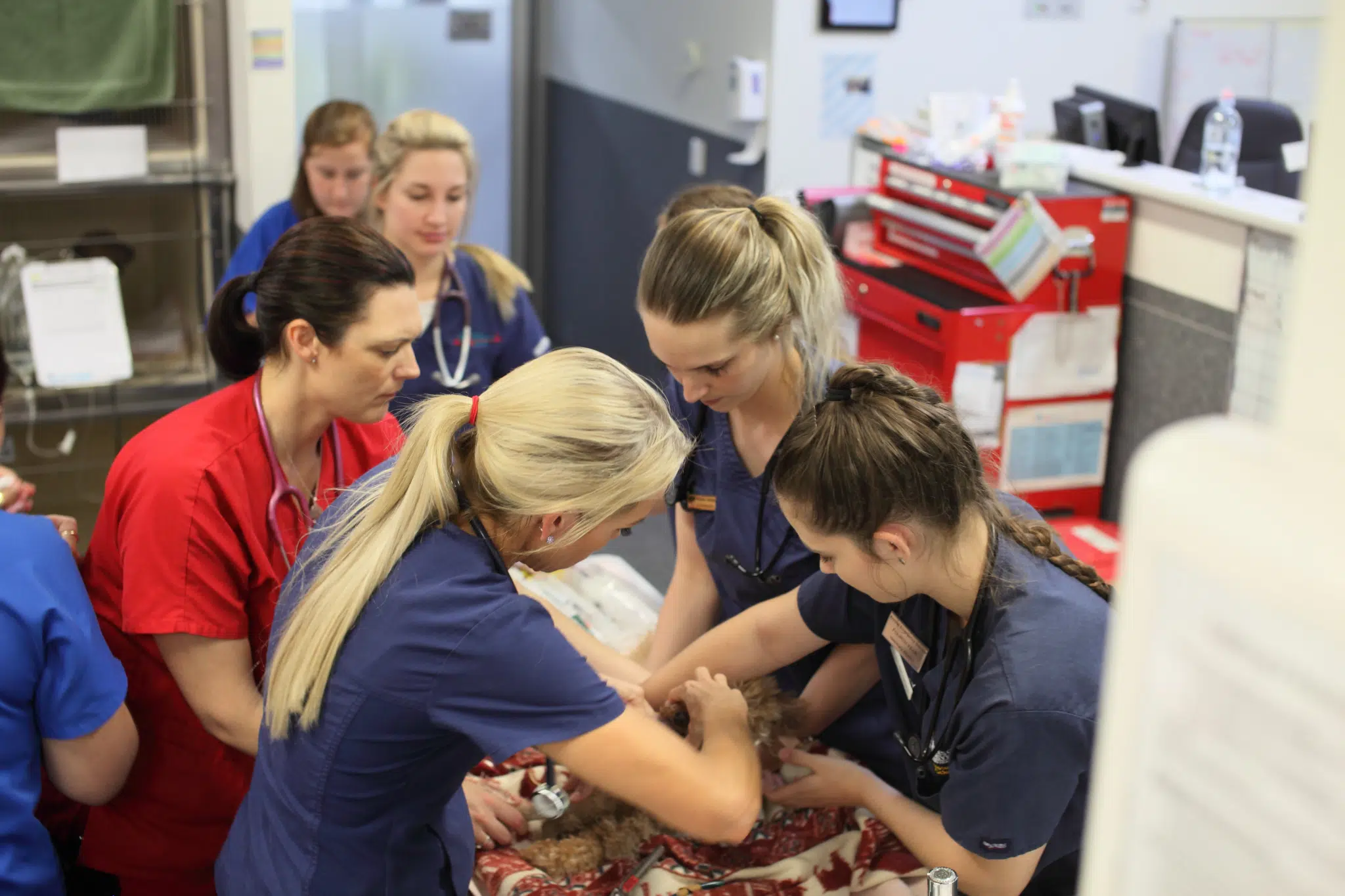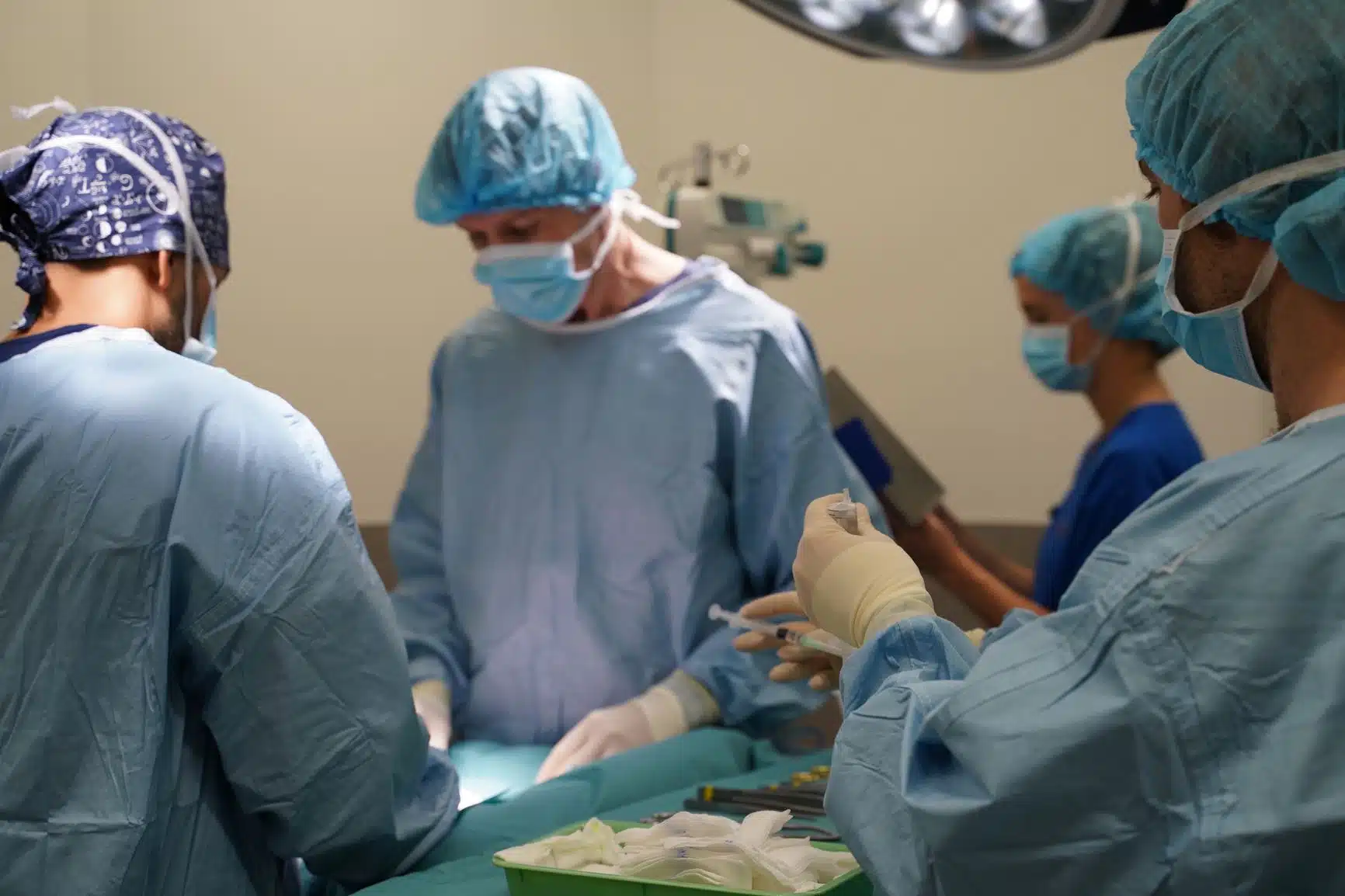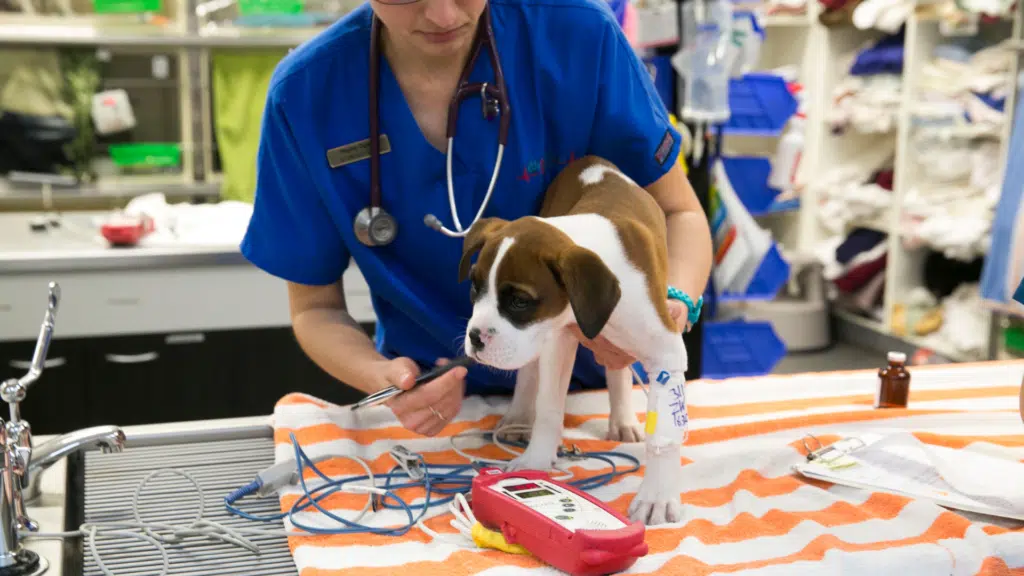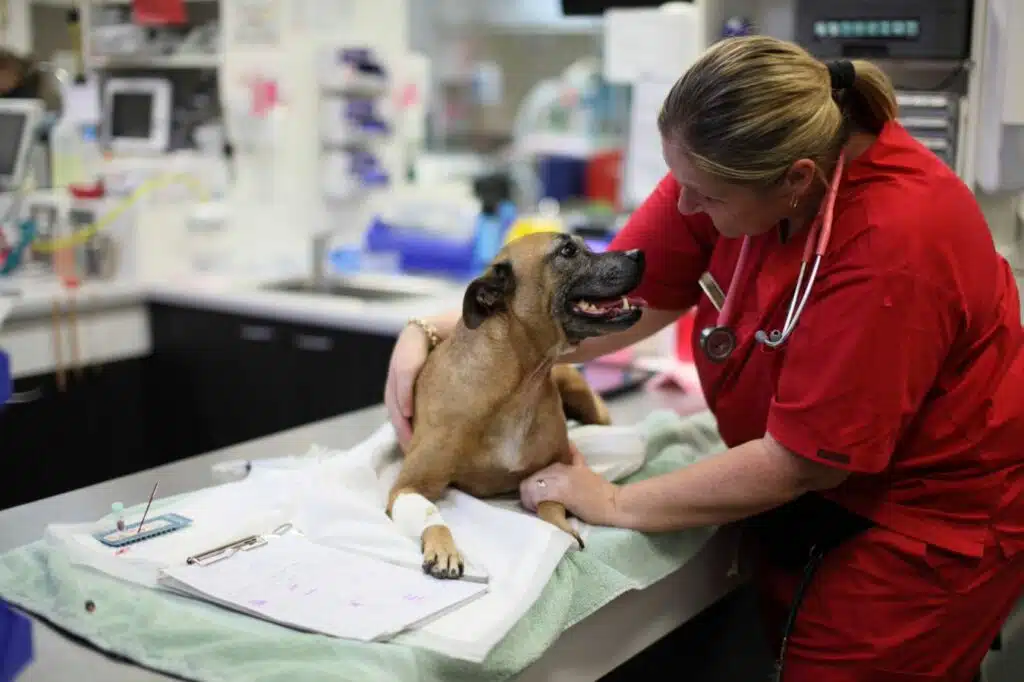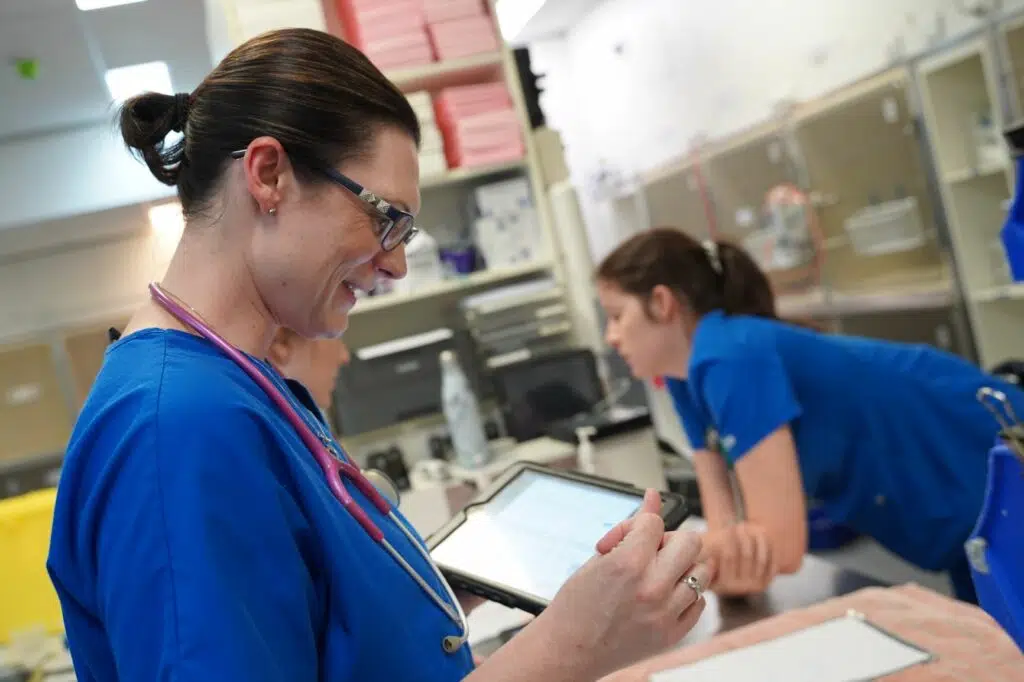We’re calling it; the future of veterinary medicine is bright!
In our rapidly changing world filled with challenges and disruption, one thing is constant – the importance of preserving animal welfare. That’s where vets come in. As primary contributors to animal and planetary health, vets are poised to take over the world in the future… or at least have a seat at the table. So, how can veterinarians navigate our current world of disruption and rapid change to thrive in the future? Read on to find out.
What’s the risks if the future of veterinary medicine doesn’t embrace change?
If we don’t take a proactive approach to managing change and instead sit back and watch events unfold, the following outcomes could become our new reality. Alternative sources of animal medical care may displace the vet.
Primary care veterinary practices could move away from a medical authority to a provider of commoditised services. Veterinarians may not have as much influence on animal agriculture, science, research, public policy and established practices or animal health generally. Becoming a veterinarian may no longer be seen as an attractive career option.
What are our opportunities to thrive in the future?
To lead the veterinary profession into the future we need to embrace the societal, technological, economic, and environmental disruption around us. We need to adapt to change, lead the way and inspire others in the way we work.
What opportunities do we have?
- Veterinary medicine has the potential to expand its reach into new avenues of impact, becoming a leader in safeguarding animal, human, and planetary health.
- Continuous work on developing new models of education will help promote lifelong learning and facilitate the acquisition of new knowledge and skills.
- We can improve access to care and penetrate underserved markets by leveraging technology, promoting team-based care, and employing various business models.
- We can recruit a diverse range of professionals with various backgrounds and experiences to solve complex global challenges
What should the future of veterinary medicine focus on?
Culture and Professionalism
Veterinary medicine is a values-based culture. Veterinarians are highly regarded and trusted members of society. They’re seen as highly qualified healthcare providers dedicated to safeguarding the wellbeing of animals and contributing to food security.
The importance of shaping the future culture of veterinary medicine does not lie with only leadership teams, it needs to be a collective movement to make positive change effective. Collectively, we determine what the values and behaviours are that will allow us to embrace whatever future emerges.
Diversity and Inclusion
Diversity is an essential part of the future of veterinary medicine. In order to meet the challenges the future will bring, we need to increase diversity to benefit from new approaches, education, and clinical practice. There are tangible benefits to embracing people from different backgrounds, experiences and perspectives. Evidence has shown that more diverse teams make better decisions when solving complex problems and also results in greater profitability.
Interconnectedness
A central focus moving forward will be the interconnectedness of the environment, humans, and animals. We are part of a complex web in which the future depends on understanding our interconnectedness and being able to adapt.
We need vets who have an awareness of these interconnected issues, can communicate effectively with different stakeholders, and contribute as leaders for change at all levels including academia, government policy-making bodies, industry organisations and veterinary associations.
This relationship becomes particularly apparent when looking at human-animal bonds as well as protein-based food security.
Qualities Required to Excel in the Future of Veterinary Medicine
The following qualities and behaviours will shape the culture of veterinary medicine moving forward:
- Emotional intelligence and cultural competence
- Compassion and empathy
- Lifelong learning and digital competence
- Creativity and a growth mindset
- Critical thinking
- Teamwork
- Global perspective
- Focus on animal welfare and being environmental stewards
Summing it up
We need to embrace the social, technological, and environmental disruption occurring in the world around us. Veterinary medicine will experience new demands and expectations as the roles expand from traditional primary care and referral practice into technology-based specialties.
Fast-paced change in the veterinary profession means that in order to thrive vets will have to embrace and adapt to the challenges the future presents. Everyone in the veterinary profession is responsible for setting the tone for how we engage with the future. We need to actively participate in discussions and commit to lifelong learning to stay abreast of changes. Unless we embrace the changes and challenges the future will bring in a meaningful way, the relevance of the veterinary profession may be at risk.

